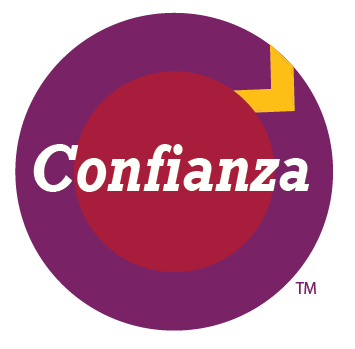A Holistic Approach: Literacy Instruction for Multilingual Learners
This article is an excerpt from my latest book, The Language Lens for Content Classrooms: A Guidebook for Teachers, Coaches and Leaders (2nd ed.).
By Sarah B. Ottow
These days, we have a hot debate about the science of reading that is influencing state and district policies, never mind the profits of many educational publishers. I’m old enough to remember that last time the field of education had a reading war, too! Getting into how to teach specific literacy skills or how to implement reading intervention methods is beyond the scope of this work. Yet when it comes to ensuring that our multilingual learners (MLLs) and our academic language learners (ALLs) have the skills to read, including phonemic awareness, phonics, vocabulary, comprehension, and fluency, we need to take an individualized approach, not a prescriptive, one-size-fits-all approach. This may look different from student to student, from classroom to classroom. Recent research has found that many schools aren’t necessarily considering MLLs’ specific needs when teaching reading (Schwartz, 2022). Implementation matters; as I like to say, it’s about people, not just programs.
When educators ask for my input, I explain that I do not endorse having younger students who are learning English mainly by interacting with sounds and words completely in isolation. The brain needs context, especially when learning a new language. Clapping out syllables within random words won’t necessarily mean the same for a brain learning English as an additional language as it will for a student who only knows English. I also do not endorse multilingual students of any age (or any ALL student of any age, for that matter) blindly clicking through a reading program on a device as a substitute for literacy instruction or, at the very least, how to read closely and garnish meaning from a text. What works is high tech and high touch. I’ll say the same about phonics and comprehension. We need both, not one at the expense of the other. In fact, we also need oral language development alongside literacy development. For example, cold reading alone doesn’t work for many students. Neither do sounds or words floating in isolation without any context to ground them or reason to remember them for the transfer of skills, especially in a new language.
What I do endorse is: Discussions about the meaning and background knowledge activation/building, along with expanding oral language skills alongside foundational literacy skills like building phonemic awareness. It’s not enough to only teach the words students will encounter in text, especially for MLLs. We may need a more customized approach for various learning profiles. Context matters, culture matters, and more holistic methods of literacy development are what educators should consider, not just for early learners but for older learners as well. If a student struggles with written print, let’s remember that they may succeed through other channels like social contexts exceptionally well, and we should refrain from solely defining a student based on a label around achievement (Muhammad, 2020). Make the text meaningful; after all, language is much more than the sounds it makes. Language is cultural, language is fluid, language is interactive.
I highly recommend this resource on some key aspects to keep in mind when designing reading instruction and intervention for multilingual students: Differences Impacting Literacy Development Between Monolingual English Learners And Bilingual Learners Compiled by Dr. Kathy Escamilla from the National Committee for Effective Literacy: https://multilingualliteracy.org/wp-content/uploads/2022/09/21025-NCEL-Monolingual-vs-Bilingual-Speakers-FINAL.pdf
References:
Schwartz, Sarah (2022). Education Week. The ‘Science of Reading’ and English Language-Learners: What the Research Says. Retrieved from https://www.edweek.org/teaching-learning/the-science-of-reading-and-english-language-learners-what-the-research-says/2022/04
Muhammad, G. (2020) Cultivating Genius: An Equity Framework for Culturally and Historically Responsive Literacy. New York: Scholastic.
To Further Your Learning:
We Can Work Our Workshop for Our English Learners from Confianza
Beyond Word Calling from Confianza


